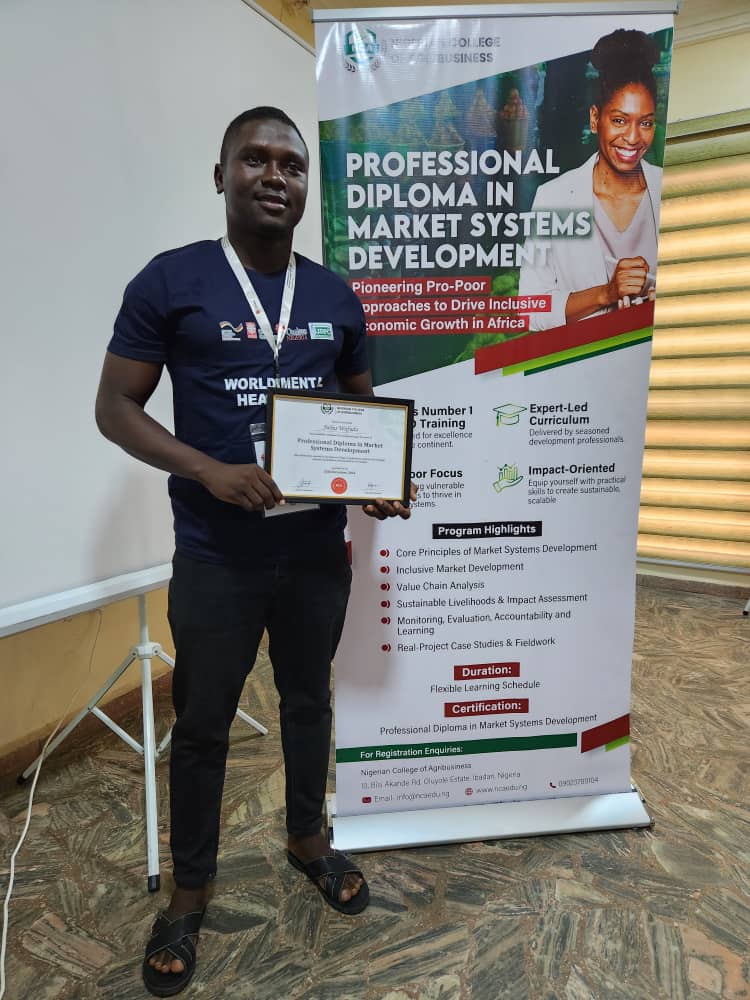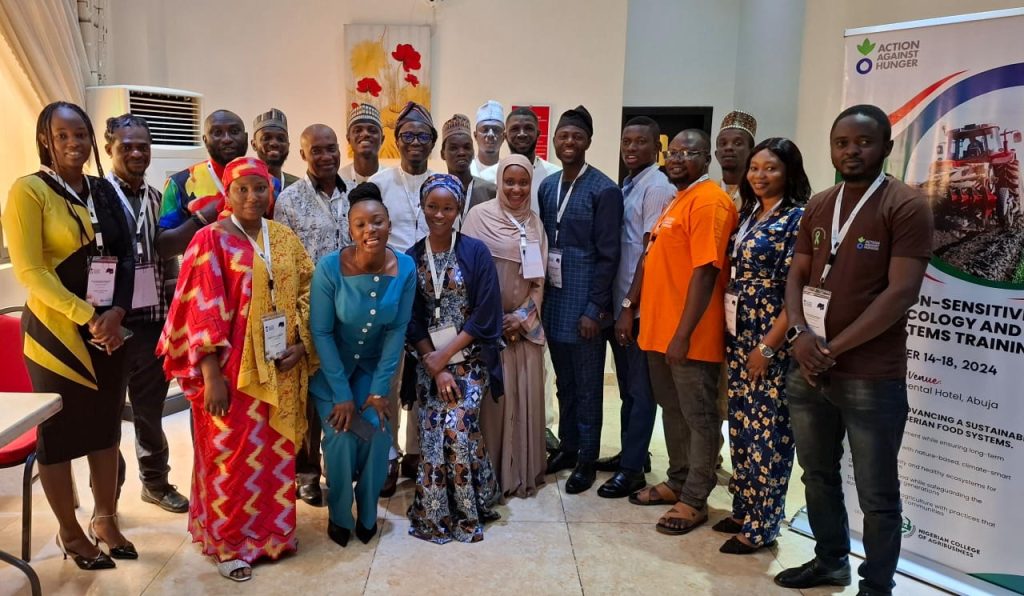Start Dates
Duration
Fees
Learning Activities
The Maize Farm Management Program is an all-encompassing training program designed to equip farmers, agribusiness professionals, and agricultural managers with the tools, techniques, and knowledge to establish and manage successful maize farming operations.
Combining theoretical insights with practical field demonstrations, this program covers the entire maize production cycle—from land preparation and seed selection to post-harvest handling and value addition. Participants will also gain skills in soil and nutrient management, pest and disease control, mechanization, and sustainable farming practices.
The course emphasizes strategies to maximize yields, improve profitability, and access local and global markets, while promoting sustainability and resilience in the face of climate challenges.

Field demonstrations on maize planting, pest control, and harvesting.
Sessions led by agronomists and maize industry experts.
Connect with peers, processors, and buyers in the maize value chain.
Understanding the Maize Value Chain
Gain a comprehensive overview of the maize industry, exploring its economic importance and opportunities within the value chain.
Topics Covered:
Actionable Insights:
Land Preparation and Seed Selection
Learn the best practices for land preparation and selecting high-performing maize varieties.
Topics Covered:
Actionable Insights:
Irrigation and Water Management
Master irrigation strategies to optimize water use and support maize growth sustainably.
Topics Covered:
Actionable Insights:
Soil Fertility and Nutrient Management
Learn effective strategies to maintain soil fertility and provide essential nutrients for healthy maize crops.
Topics Covered:
Actionable Insights:
Pest and Disease Management
Explore integrated pest and disease management (IPM) approaches to protect maize crops.
Topics Covered:
Actionable Insights:
Mechanization and Technology Adoption
Discover how mechanization and modern technology can boost efficiency in maize farming.
Topics Covered:
Actionable Insights:
Post-Harvest Handling and Storage
Learn to minimize post-harvest losses and preserve maize quality for markets.
Topics Covered:
Actionable Insights:
Value Addition and Market Access
Discover opportunities to add value to maize and develop strategies to access local and export markets.
Topics Covered:
Actionable Insights:
Sustainability and Climate Resilience
Learn sustainable practices to mitigate climate risks and ensure long-term productivity.
Topics Covered:
Actionable Insights:

No other institution in Africa offers such a comprehensive approach to agribusiness and development sector education as the Nigerian College of Agribusiness. We provide a unique blend of academic rigor, practical expertise, and industry connections. Here, you will learn from experienced faculty members who are experts in their fields and deeply engaged with the latest advancements in their industries.
We leverage interdisciplinary knowledge and the latest research to enhance our programs, ensuring they are relevant and impactful. At NCA, you will continuously engage with thought leaders who are constantly shaping the dynamics of their industries and after graduation, you will be a life-long member of a vibrant alumni community that continually foster cross-disciplinary learning and networking.
STEP 1: Complete the Application for Admission Form for the course
STEP 2: A non-refundable application fee of N20,000 applies and will be deducted from the tuition upon enrollment. This is payable into
Zenith Bank
Account Name: Nigerian College of Agribusiness
Account Number: 1228461510
STEP 3: Attach receipt of Application fee with your highest academic credential and submit to: cfe@ncaedu.ng
STEP 4: Upon successful evaluation of your application, you will receive your Admission Letter indicating acceptance into the program. The Letter will also contain details of enrollment into the Course.
Click on the link below to fill the application form for this course
Local: N450,000
International Students: $400
Get monthly marketing tips and exclusive discounts straight to your inbox

Our mission is to cultivate a vibrant, sustainable and profitable agribusiness sector that drives economic growth and social progress across Africa and beyond.
We are committed towards educating a new generation of agribusiness sector leaders that will transform the economic fortunes of the African continent
© NCAEDU 2023 All Rights Reserved.